Publications
Articles, publications, books, tools and multimedia features from the U.S. Institute of Peace provide the latest news, analysis, research findings, practitioner guides and reports, all related to the conflict zones and issues that are at the center of the Institute’s work to prevent and reduce violent conflict.
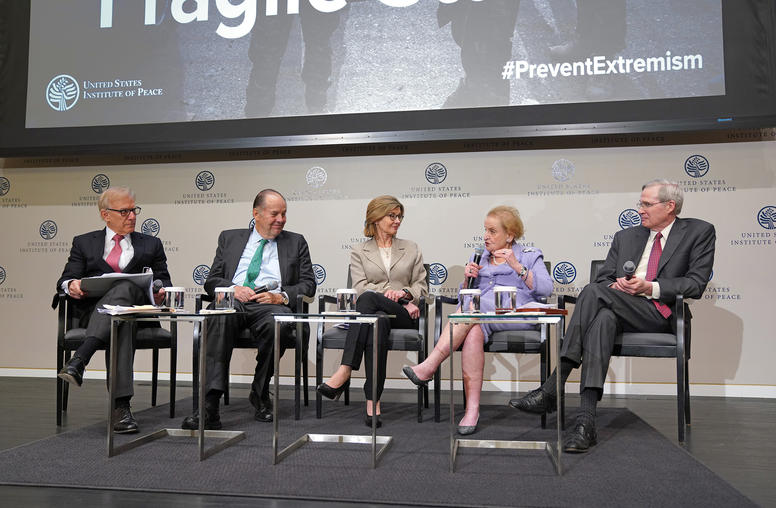
Fragile States and Violent Extremism: New Ideas for a Policy of Prevention
On April 21, suicide bombers in Sri Lanka reminded the world that the end of the Islamic State’s “caliphate” by no means marked the defeat of violent extremism. Indeed, despite trillions of dollars spent and tens of thousands of lives lost, terrorism is spreading. The urgency of checking the ideology behind terrorism, particularly where the ground for it is most fertile, has never been greater, said members of the Task Force on Extremism in Fragile States this week at the U.S. Institute of Peace.
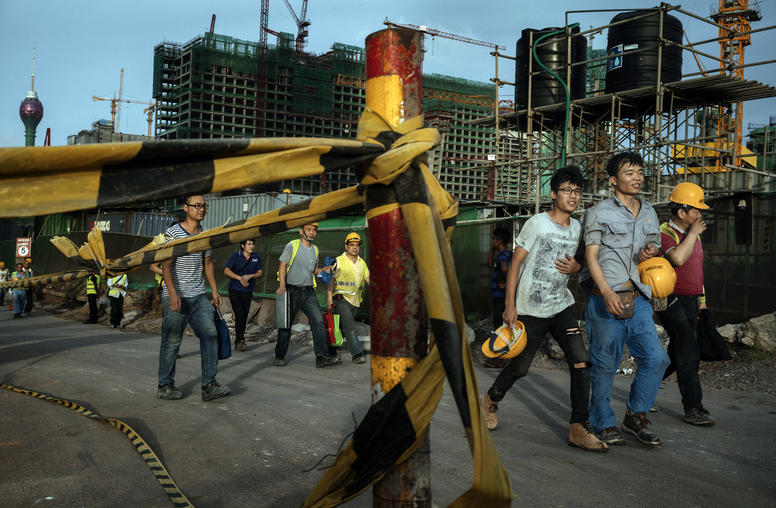
Where Does China’s Belt and Road Initiative Stand Six Years Later?
Few projects illustrate the risks of China’s Belt and Road Initiative (BRI) better than the Hambantota port in Sri Lanka. In 2017, unsustainable debt loads drove Colombo to give China a 99-year lease and controlling equity stake in the Hambantota port, while local communities protested the loss of sovereignty and international observers worried about China’s strategic intentions. The Hambantota case may be an outlier, but it has become a “canary in the coalmine,” and a warning sign to other BRI participants about what their future may hold. Increasingly, countries around the world are taking steps to reassert their influence over BRI projects—and Beijing has taken note.

After Bashir, A New Dawn in Sudan? (Part 2)
Longtime Sudanese dictator Omar al-Bashir was ousted last Thursday, 30 years after he took power in the same fashion he was overthrown: by a military coup. The military takeover was spurred by months of popular protests over rising food prices, economic mismanagement and demands for a...
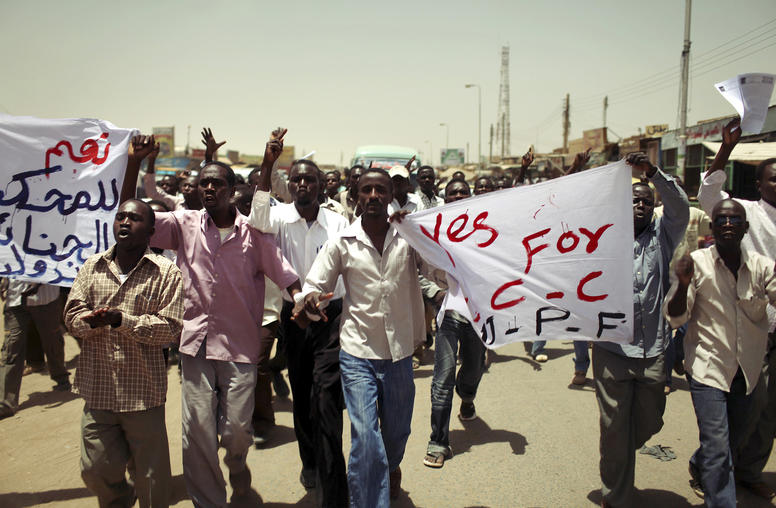
After Bashir, A New Dawn in Sudan? (Part 1)
Longtime Sudanese dictator Omar al-Bashir was ousted last Thursday, 30 years after he took power in the same fashion he was overthrown: by a military coup. The military takeover was spurred by months of popular protests over rising food prices, economic mismanagement and demands...
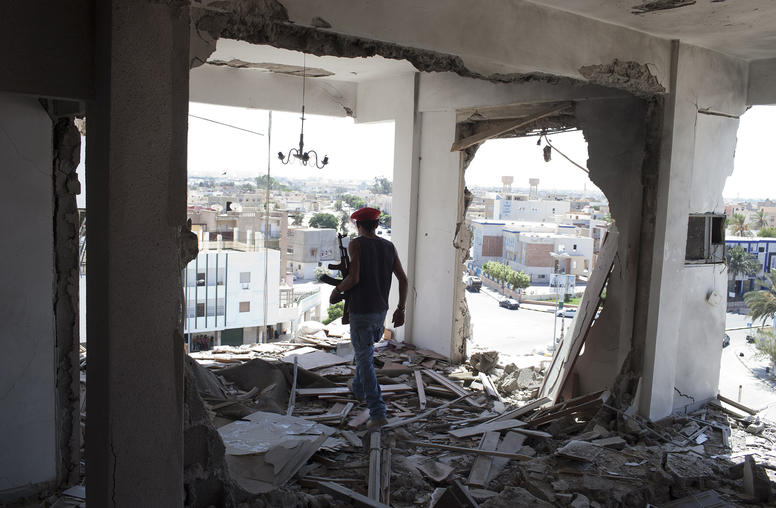
Q&A: Libya’s Sudden New Risk of War
Just as the United Nations was preparing to host a national conference in Libya this month to arrange for national elections to unify the country’s fractured governance, the faction that dominates the country’s east, the Libyan National Army, launched a military offensive last week on the capital, Tripoli. With the past week’s fighting, “the likelihood is greater than at any point since 2014 for destructive and bloody conflict” of an uncertain duration and outcome, according to Nate Wilson, who manages USIP programs in Libya. Wilson monitors Libya from neighboring Tunisia while working with Libyan officials, researchers on projects to inform international policymakers, and with local Libyan groups that work to reconcile disputes and build a foundation for national peacemaking. In response to questions, he discussed what’s at stake in the new fighting, and how the international community might respond.
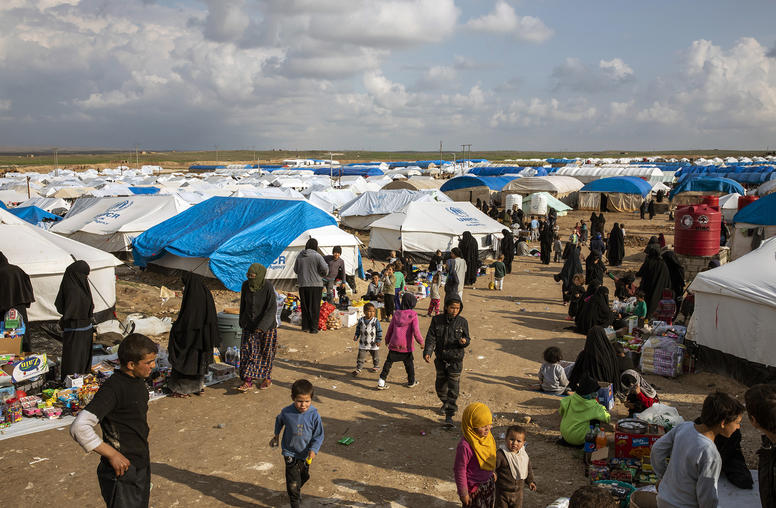
To Truly Defeat ISIS, Describe its Returnees as ‘People’
More than 100 countries, from Kosovo to Indonesia to Tunisia, face the security challenge of what to do with their citizens who traveled to join the so-called Islamic State. In dealing with perhaps tens of thousands of former ISIS participants—more than 9,000 in Syria’s Al Hol camp alone—simplistic solutions are at best inadequate and naïve, and at worst counterproductive and irresponsible. These include notions of indefinitely detaining or abandoning these populations in makeshift camps, or stripping their citizenship en masse. While many can be returned home to face trial, prosecution will be impossible for others. Thousands...
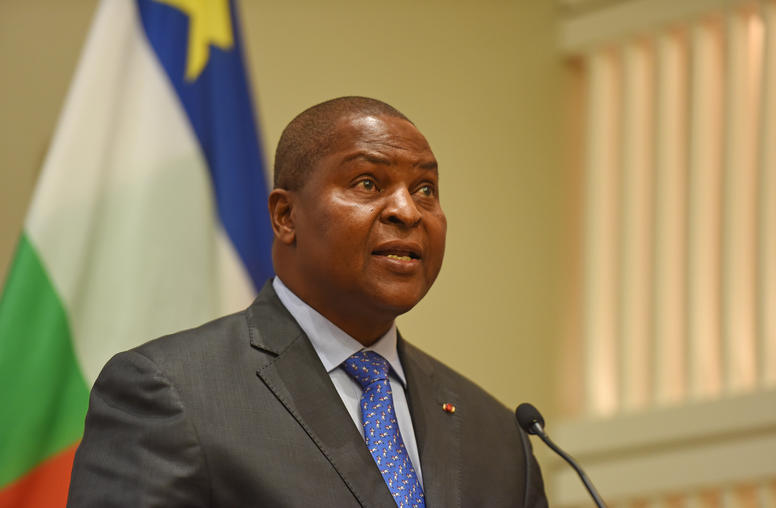
Central African Republic President on ‘Path to Peace’
The Central African Republic’s president, Faustin-Archange Touadéra, came to Washington this week seeking to bolster U.S. support for a peace deal with internal armed groups, saying steady international assistance will be needed to rebuild the state and end years of metastasizing violence.
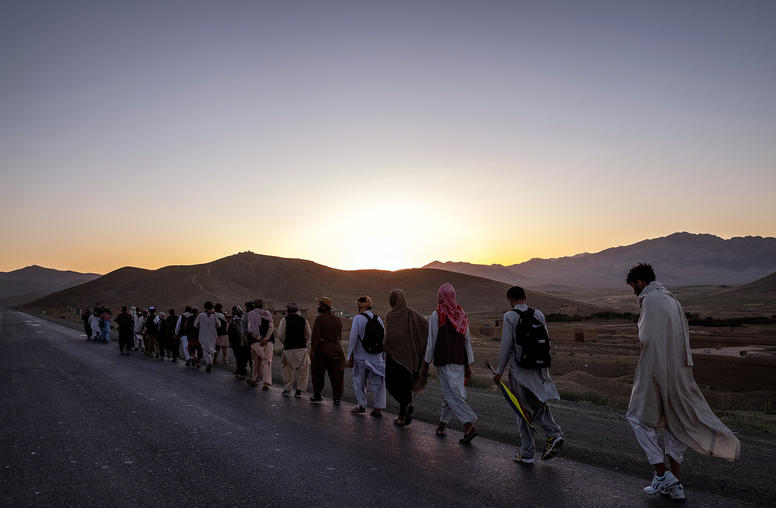
The State of Play in U.S.-Taliban Talks and the Afghan Peace Process
The latest round of U.S.-Taliban talks concluded on March 12, with both sides noting progress but conceding that no breakthroughs had been made. After two weeks of discussions in Doha, Qatar, American officials said they were close to reaching a final agreement on a potential U.S. troop withdrawal and a Taliban pledge to no longer allow terrorist attacks from Afghanistan. But how far can these talks go without the Afghan government involved? Is Afghanistan’s post-2001 progress in jeopardy? And what do regional actors think about the talks? USIP’s Johnny Walsh examines the state of play in the Afghan peace process.
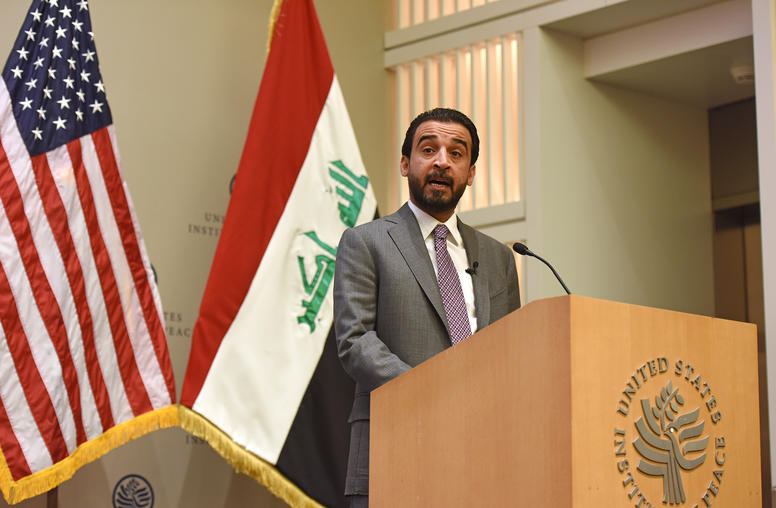
Iraq’s Leading Lawmaker Warns Aid Needed to Finish Off ISIS
Iraq is beginning to stabilize after its military victory against ISIS, but international assistance—without political meddling—remains badly needed to rebuild its economy and social fabric, the speaker of Iraq’s parliament, Mohamed al-Halbousi, said.
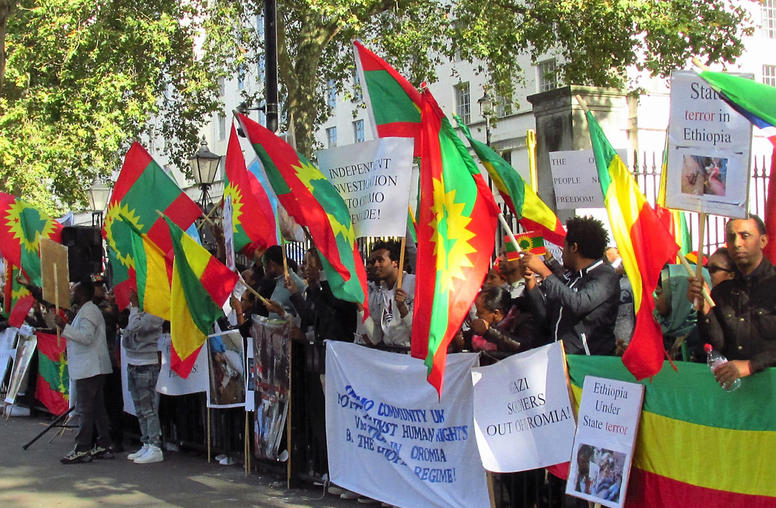
A Year of Change in Ethiopia
A year ago today, 42-year old reformist politician Abiy Ahmed became prime minister of Ethiopia. Abiy came to power during a deep political crisis with widespread grievances across this country of over 105 million people, and quickly began to enact political reforms. USIP’s Aly Verjee and Payton Knopf discuss Abiy’s year as prime minister and identify the challenges that lie ahead for eastern Africa’s most populous country.